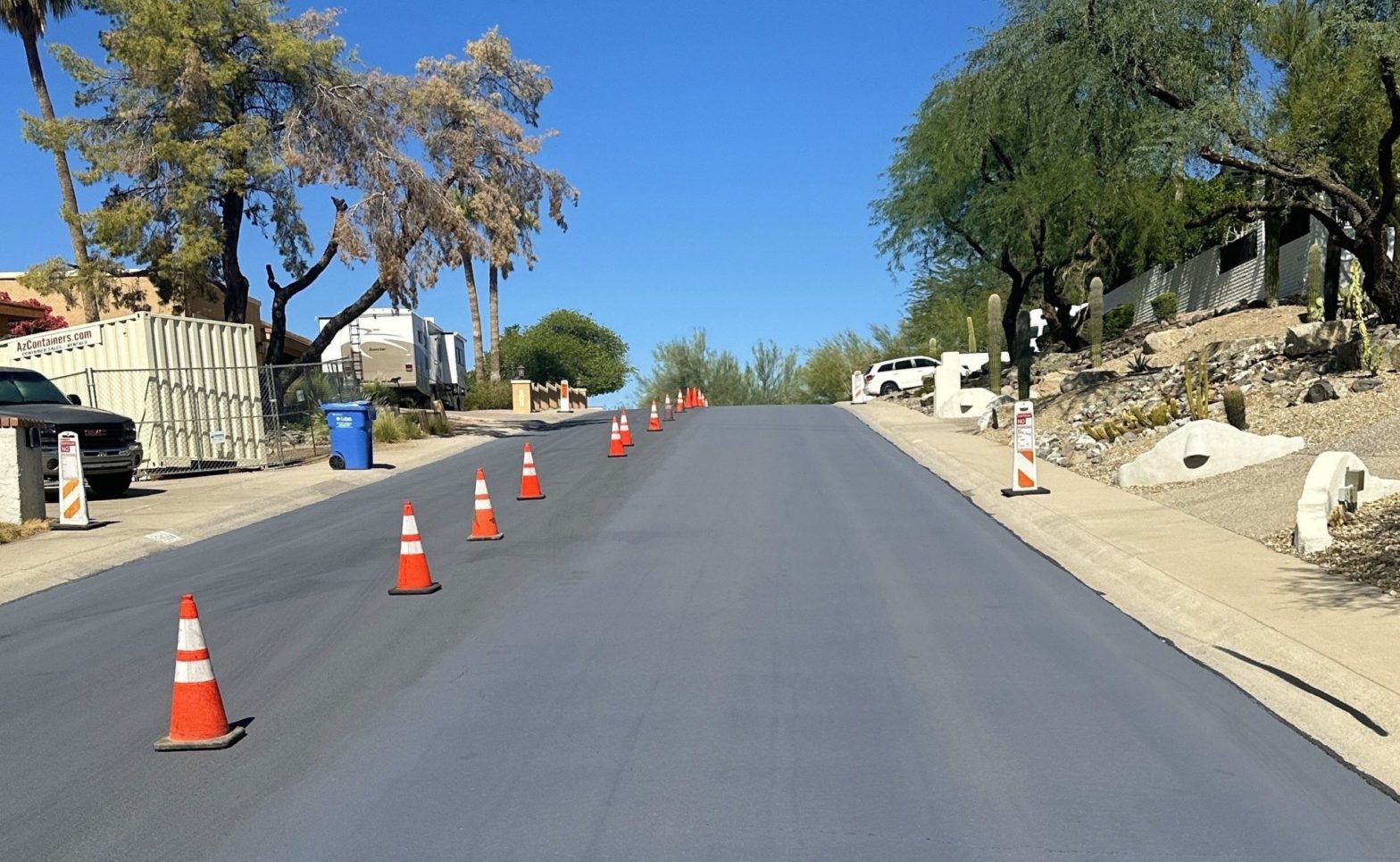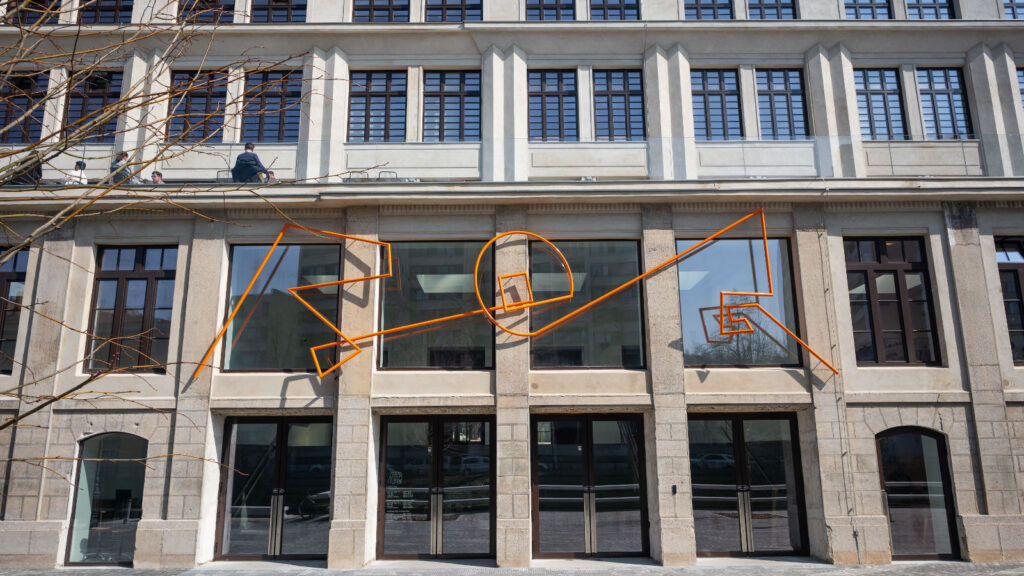
Cities unite to tackle urban heat effects
07 December 2024
by Jonathan Andrews
A new peer learning network has been launched to help cities implement smart surface designs to reduce extreme urban heating.
The Smart Surfaces Peer Learning Network is an initiative from the Smart Surfaces Coalition and will serve as a convening space for urban infrastructure practitioners to exchange technical and experiential knowledge about smart surfaces, including innovative projects and best practices for policy design and implementation.
Smart surfaces include reflective, porous, green surfaces, solar photovoltaics (PV), and trees, that have become proven, cost-effective solutions to lower surface temperatures – some by as much as 3°C–, and reduce flood risks.
“Our Cities for Smart Surfaces (C4SS) programme is enabling citywide cooling, greening and enhanced urban liveability in ten major US metro areas, reducing peak summer temperatures and flooding risk,” explained Greg Kats, CEO of Smart Surfaces Coalition. “The Peer Learning Network enables us to share the resources and lessons of the C4SS programme with municipalities nationwide – accelerating the adoption of smart surfaces as a critical urban climate adaptation, mitigation and environmental justice strategy.”
The network is open to city, county, and state officials from sustainability, water, transit, planning, and budget offices, among others. Members will gain access to data and information curated by SSC, including policy justification memos, model ordinances, grant templates, and lessons from the C4SS cohort.
The Network will meet quarterly starting in early 2025 to review successful models, exchange insights, and share progress on Smart Surface implementation.
“Smart surface strategies provide local leaders with cost-effective, high-impact solutions that help address the climate crisis at the local level,” said Clarence Anthony, CEO and Executive Director of the National League of Cities. “Beyond providing valuable networking opportunities, the Peer Learning Network also offers exciting tools and datasets that can help inform local leaders’ planning and decision-making when it comes to making their communities more resilient in the long term.”
Phoenix, a member of the coalition, is actively engaged in cool roadway initiatives, which are now integrated into the coalition’s efforts. These projects focus on using reflective surfaces to mitigate the heat island effect, particularly in underserved communities.
In October the city successfully reduced summer surface temperatures by approximately 6°C compared to conventional aged pavements with new cool pavement coatings (main image).
Image: City of Phoenix







